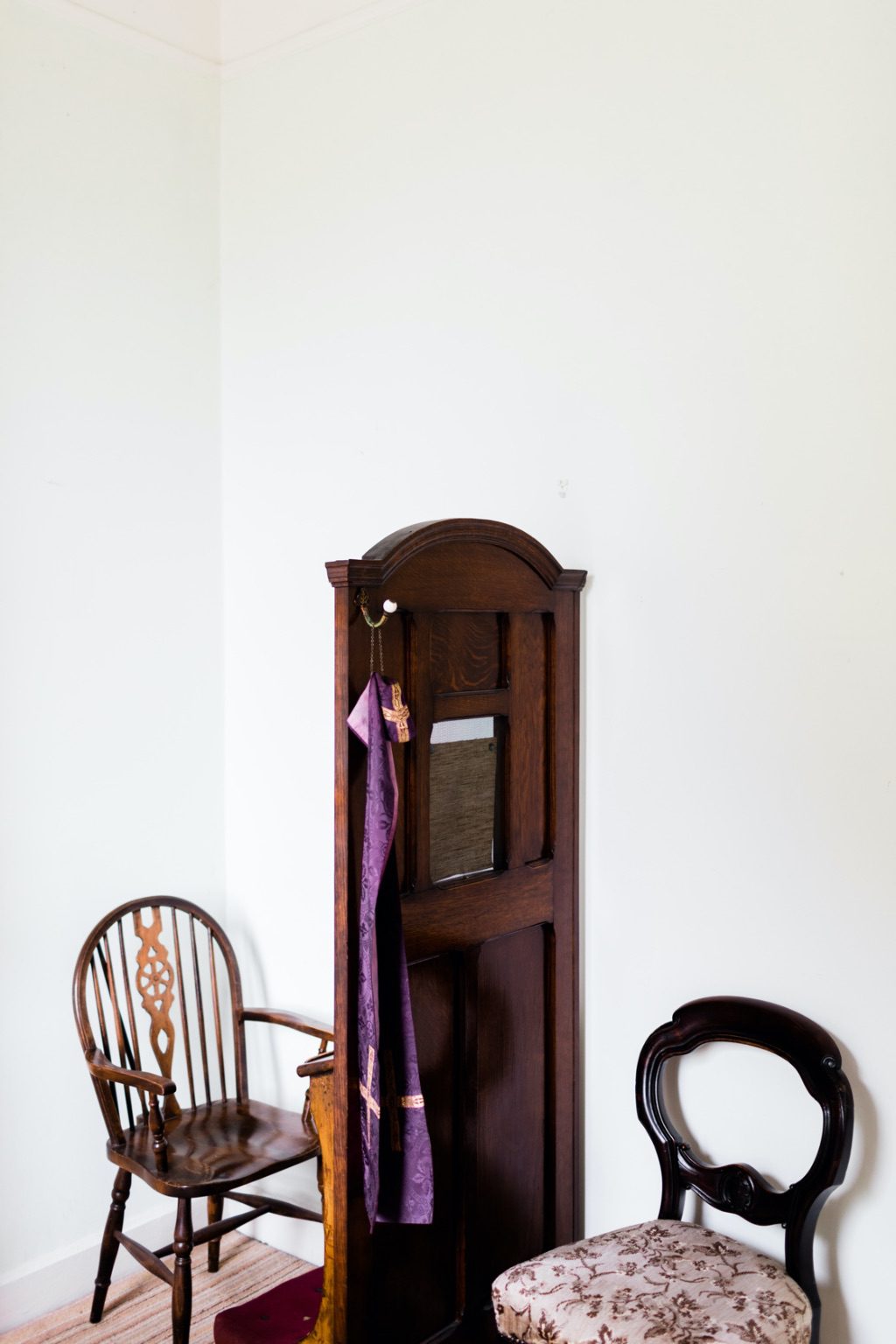
What should I do if I am unable to go to Confession?
For all who are committed to overcoming weakness and pursuing a life of virtue, the Sacrament of Confession is among the most precious gifts the Church can give us.
In these days of isolation, our access to this healing Sacrament has become greatly reduced, if not removed altogether. But rest assured: God’s mercy cannot be bound by any obstacle when we truly desire to receive it.
During World War II, at a time and place where the Sacrament of Confession was not readily available, Saint Maximillian Kolbe exhorted faithful Catholics, “Whoever can, should receive the Sacrament of Penance. Whoever cannot, because of prohibiting circumstances, should cleanse his soul by acts of perfect contrition.”
While we believe that the Sacrament of Confession gives us the fullness of God’s mercy, we know that God is never far from the one who seeks Him, and His power to forgive extends far beyond the confessional. If for these days the Sacrament of Confession is not able to be scheduled, you can make an act of perfect contrition before God. “Perfect” contrition comes from a pure love of God above all else. “Such contrition remits venial sins; it also obtains forgiveness of mortal sins if it includes the firm resolution to have recourse to sacramental confession as soon as possible” (CCC #1452). It is a prayerful way to begin the process of receiving God’s healing and mercy, a process that will be culminated when you go to Confession at a later time.
Part of this could include the words of the Act of Contrition: “O my God, I am heartily sorry for having offended Thee, and I detest all my sins because of Thy just punishments, but most of all because they offend Thee, my God, Who art all-good and deserving of all my love. I firmly resolve, with the help of Thy grace, to sin no more and to avoid the near occasions of sin. Amen.”
What has Pope Francis said about this?
Pope Francis approached the question this way during his homily at Mass on March 20th: “I know that many of you go to confession before Easter… Many will say to me: ‘But Father…I can’t leave the house and I want to make my peace with the Lord. I want Him to embrace me… How can I do that unless I find a priest?’. Do what the catechism says. It’s very clear. If you don’t find a priest to go to confession, speak to God. He’s your Father. Tell Him the truth: ‘Lord. I did this and this and this. Pardon me.’ Ask His forgiveness with all your heart with an act of contrition, and promise Him, ‘afterward I will go to confession.’ You will return to God’s grace immediately. You yourself can draw near, as the catechism teaches us, to God’s forgiveness, without having a priest at hand.”
Does this eliminate the need for Confession for the rest of us?
The Sacrament of Confession is and remains the ordinary means Christ has given us for receiving forgiveness for our sins, and a regular reception of this Sacrament is a necessary and beautiful part of our lives in Christ.
The Church recognizes that extraordinary circumstances sometimes arise which can limit some people’s ready access to this Sacrament, and thus provides accommodations and suggestions for receiving God’s mercy when access to the Sacrament of Confession is impeded. Yet none of the accommodations made during this extraordinary time should be understood as obviating the need for Confession, especially when this pandemic has passed.
These resources have been adapted from pastoral guidelines set by the Diocese of Bridgeport regarding the COVID-19 pandemic
